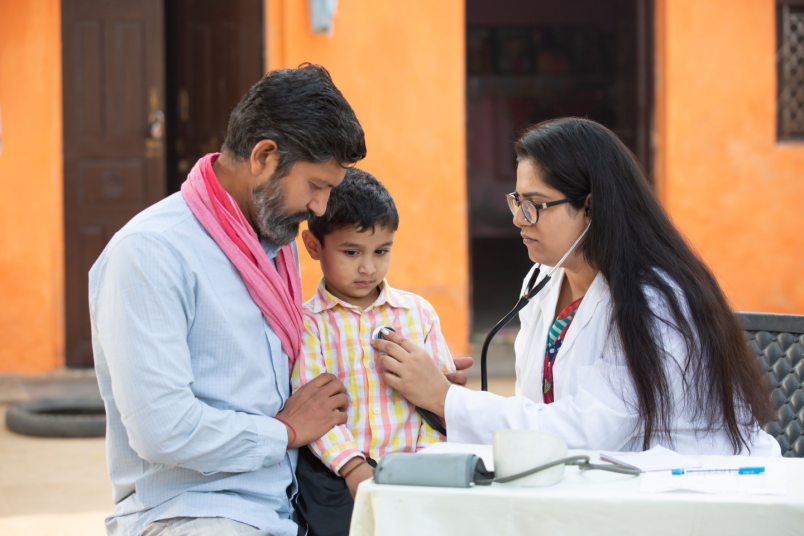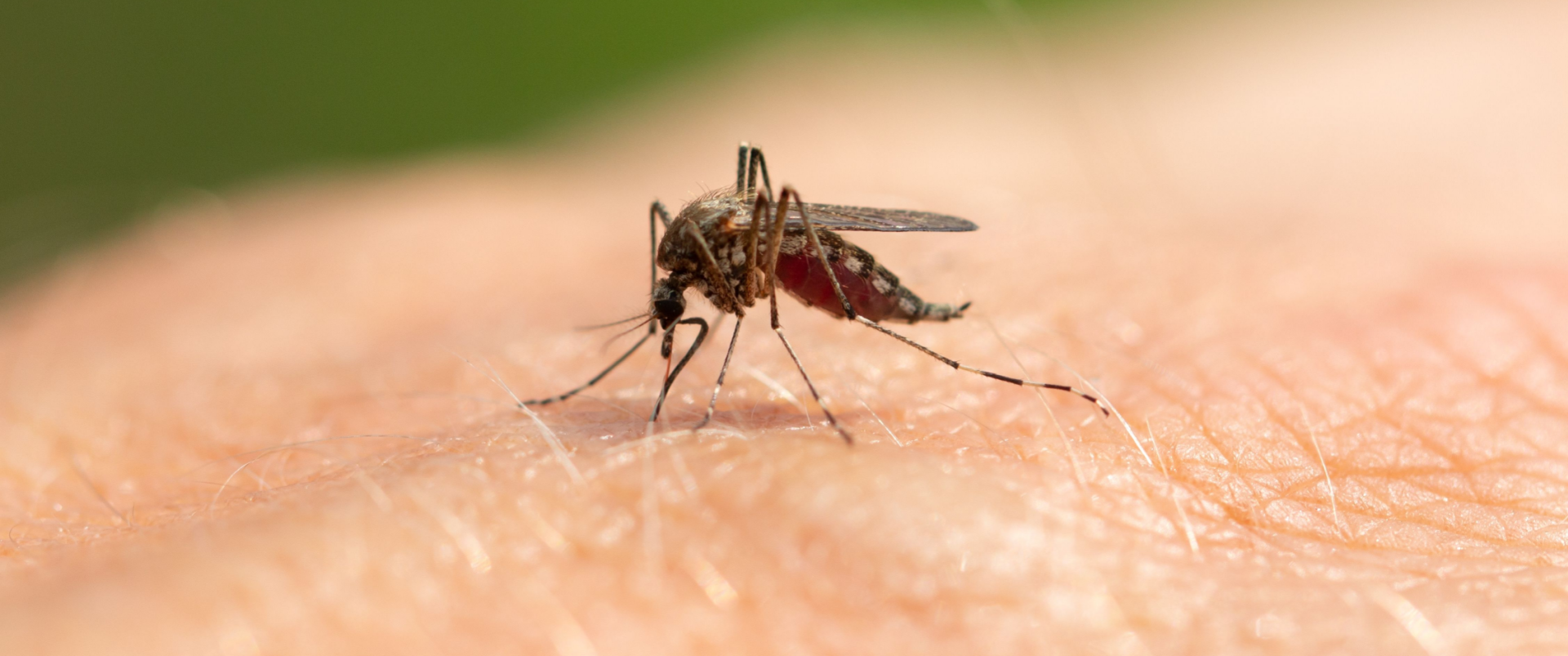A mother of a 4-year-old brought her son to KM NU Hospitals, Ambur with complaints of fever, multiple episodes of vomiting, and abdominal pain for 2 days. He also had a decreased appetite and decreased urine output.
Dr. Palani Rajan P who is a Sr. Consultant Paediatrician & Neonatologist examined this child. He found the child was febrile, drowsy, poor perfusion with a relatively slow heart rate (relative bradycardia), and epigastric tenderness.

Febrile means feverishness, which is a rise in body temperature above the normal temperature i.e. 380C, usually caused by infection.
Relative bradycardia is a medical term where there is dissociation between heart rate and body temperature. It means your heart rate is slower than what is expected for your normal body temperature. Normal heart rate with increased temperature is a sign of severe disease.
Epigastric tenderness is a term used to describe pain in the upper abdominal area below the rib cage with symptoms of heartburn, bloating, and gas.
He was admitted to the Pediatric ICU and managed with IV fluids. Initial blood investigations were suggestive of Dengue with low total blood counts, and decreased platelets, and he was managed according to the WHO protocol.
His parents were informed about the possible complications along with his relatives. Upon their agreement, the hospital team was ready to get fresh platelets in case of any bleeding. His platelets dropped up to 31,000 cells/cu mm (Normal – 1.5 lacs to 4.5 lacs) at the same time the rising hematocrit was managed by timely titration of fluids.
On day 4 of the admission, the child became clinically better with no abdominal pain, no vomiting, and taking feeds well. His Platelets also improved to 1.2 lacs cells/cu mm.

He was discharged once he improved clinically and started taking feeds well.
Other than above mentioned symptoms, Dengue can also show up with other signs such as rashes, severe headache, pain behind the eyeball, etc.
Key takeaway messages:
- Bradycardia or slower heart rate is a common event in children as well. However, this does not mean that there is an underlying heart problem.
- Most cases of Dengue fever do not last longer than a week or two. However, if symptoms still appear even after the fever goes away, parents should seek medical attention from a pediatrician for their child.
- Maintain adequate fluid intake & keep them hydrated.
